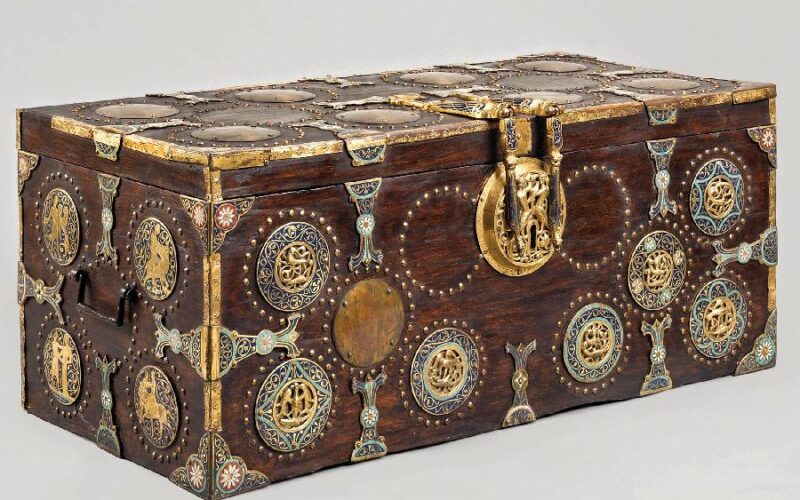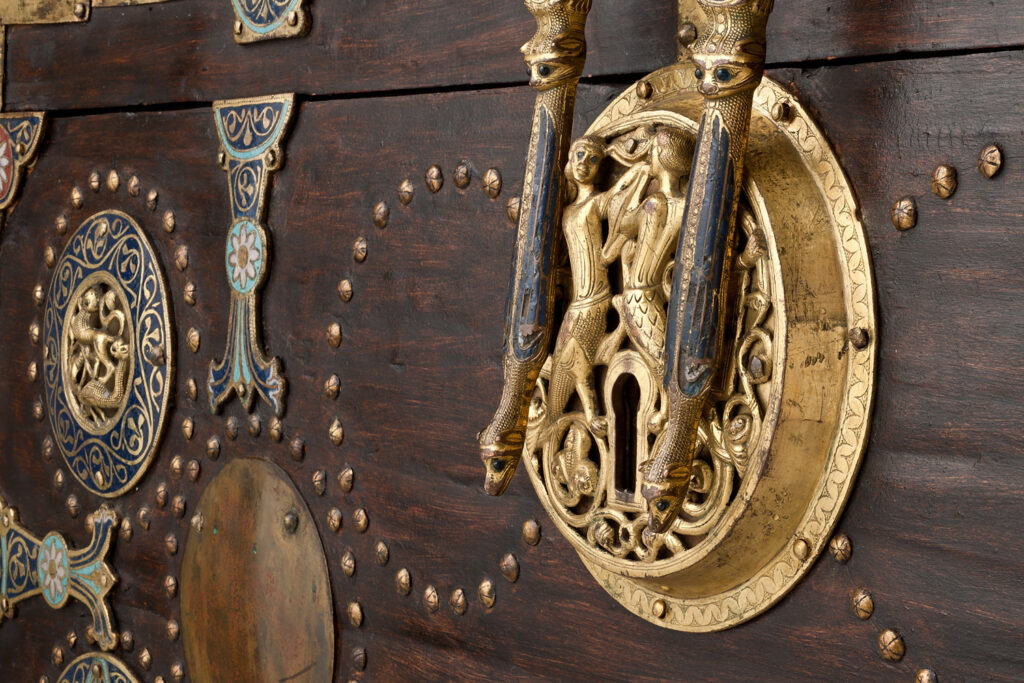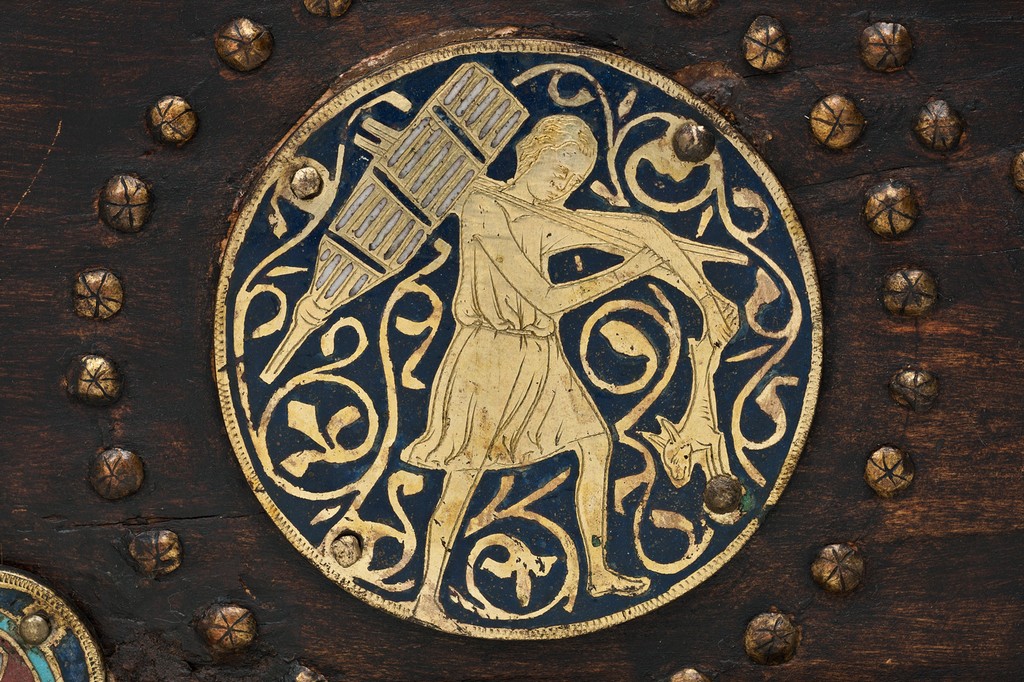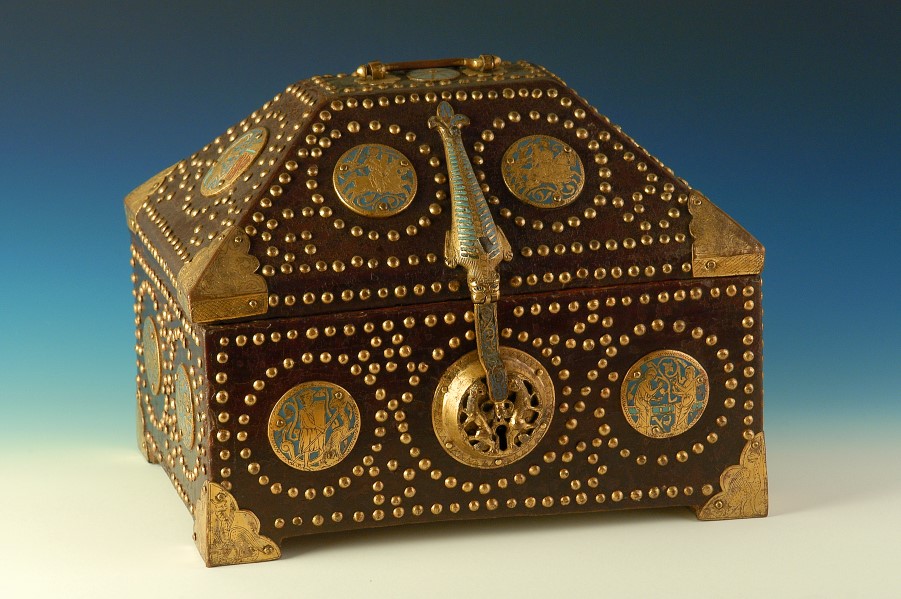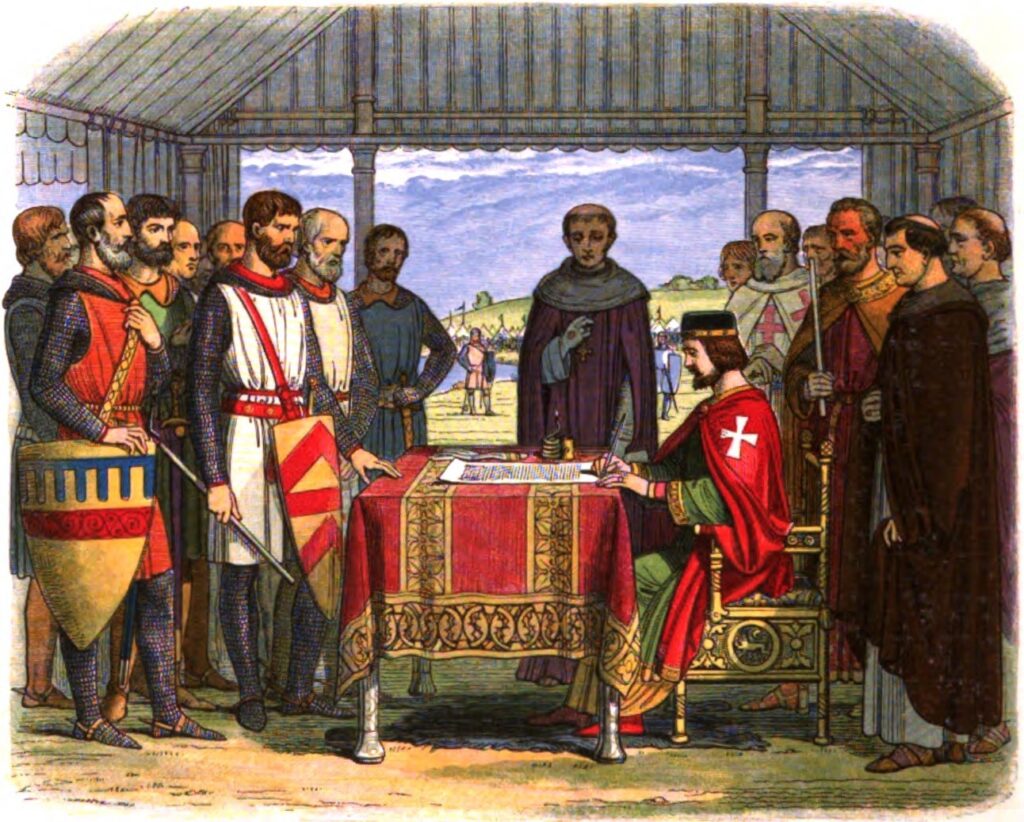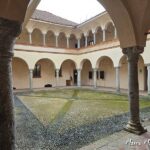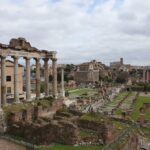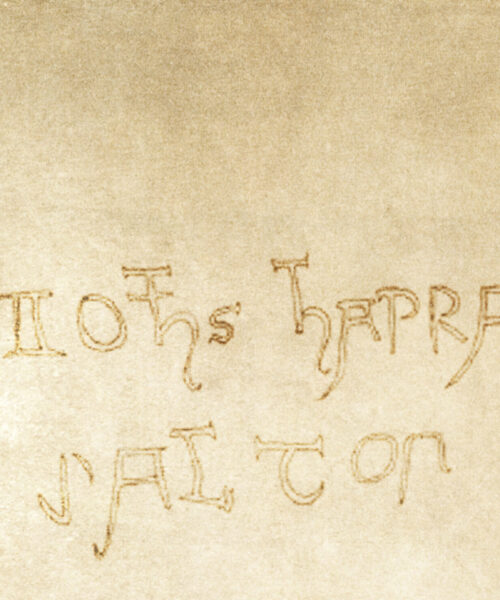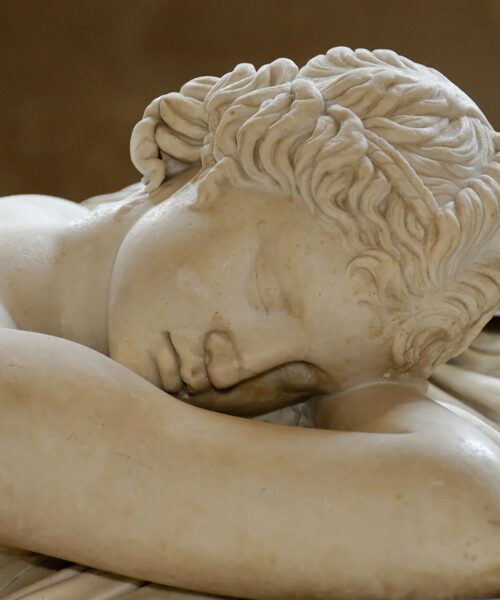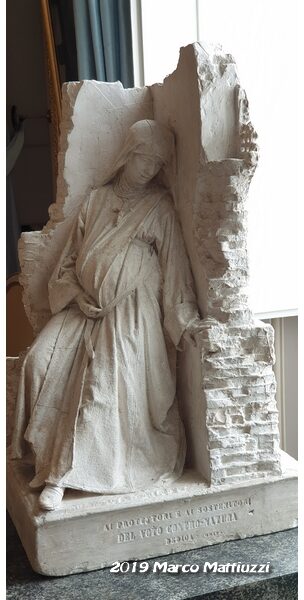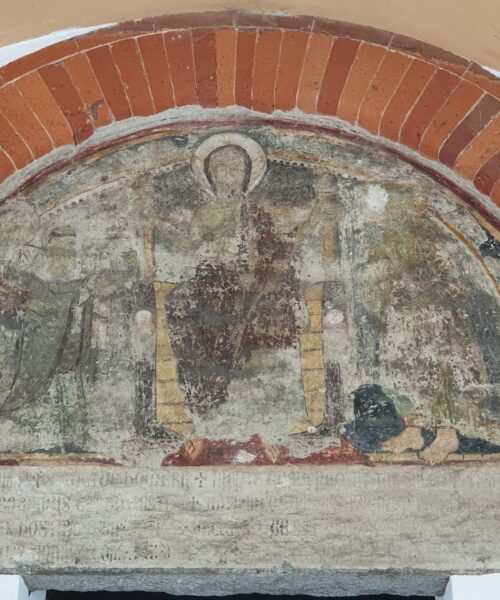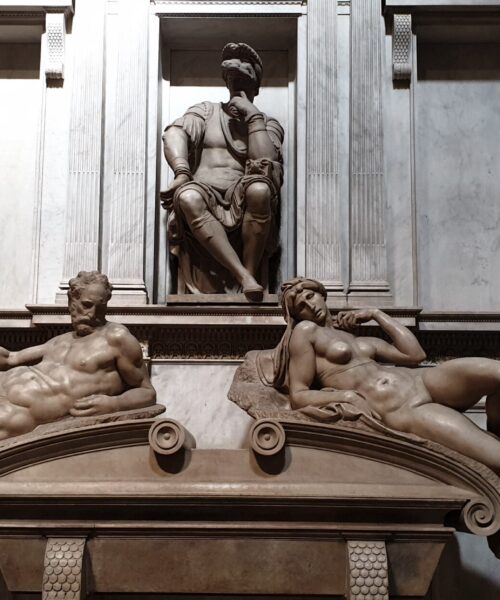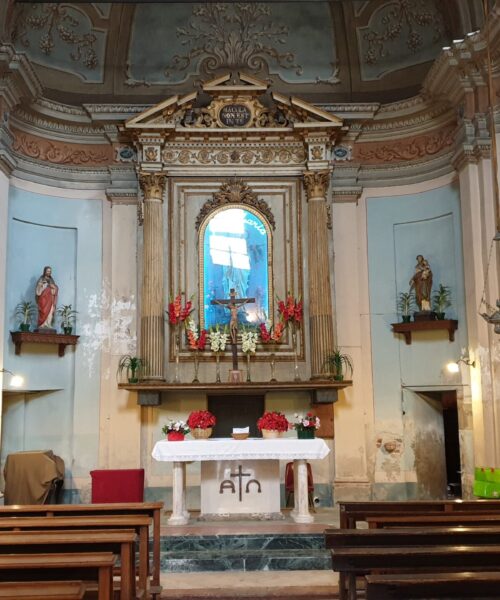In the heart of the Middle Ages, a figure emerges with an aura of mystery and prestige: Guala Bicchieri, originally known as Wala Bicherius. His life, woven with diplomacy and culture, unfolds in an era where the foundations of modern Europe are being laid amidst disputes over crowns and the quest for justice. Born in Vercelli to a prestigious family—his father served as consul five times—Guala is a character who still deserves to be remembered for his key role in history.
A young man of remarkable intelligence, he devoted himself to studies at the local “Schola” of the Sant’Eusebio canonry. His thirst for knowledge then took him to the universities of Bologna and Paris, two shining beacons of medieval learning, where he honed his expertise in canon and legal studies. This education prepared him for the roles he would later assume: papal legate and high-level diplomat. These positions allowed him to travel across Europe, bringing with him not only his knowledge but also an impressive collection of personal items, tangible symbols of his status and influence.
Among the most fascinating treasures associated with Guala Bicchieri is a travel trunk, an object lost in the folds of history until its discovery in 1823 during the restoration of the Basilica of Sant’Andrea. This find, made by architect Carlo Emanuele Arborio Mella, revealed a shocking surprise: the remains of the cardinal himself were found inside the trunk.
The trunk, a masterpiece of goldsmithing adorned with gilt and enameled copper plates and medallions, thus becomes a rare and precious link between the past and the present, a bridge between the life of an extraordinary man and our own time. After various adventures, including a near acquisition by the Louvre, the trunk found its home in the Museo di Palazzo Madama in Turin. Meanwhile, the Museo Leone in Vercelli houses another jewel related to Guala: a precious casket, part of the treasure donated by the illustrious cardinal.
Guala Bicchieri’s legacy is not limited to material treasures. His most significant contribution remains his mediation in the drafting of the Magna Carta, a fundamental document for the history of England and the development of civil rights in the West. A man of law, a mediator between power and the people, his influence extends far beyond the confines of his era.
On the occasion of the 800th anniversary of the Basilica of Sant’Andrea in Vercelli, the trunk and casket were displayed in an exhibition titled “The Magna Carta – Guala Bicchieri and His Legacy,” held in the church of San Marco in Vercelli. An event that not only celebrated the majestic architecture of the basilica, a unique fusion of Romanesque and Gothic styles, but also the life and legacy of a man who masterfully intertwined diplomacy, culture, and religion, leaving an indelible mark on history.
Through these objects and documents, the story of Guala Bicchieri comes to life, offering us a window into a distant era that continues to profoundly influence our present.

